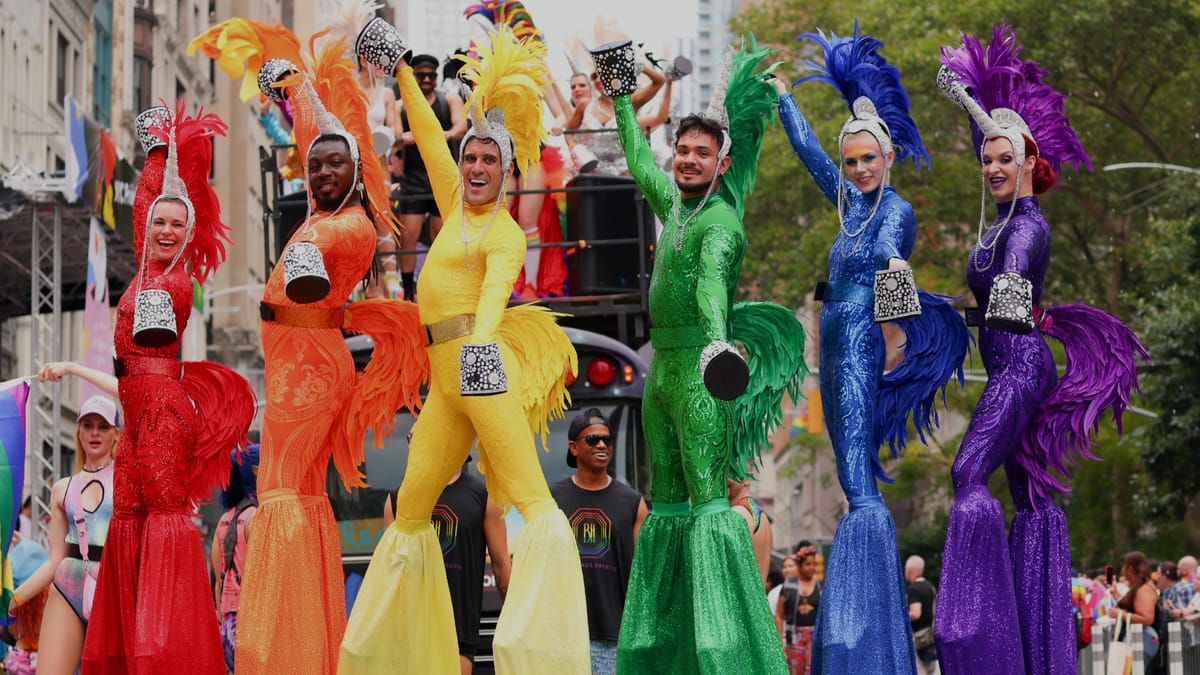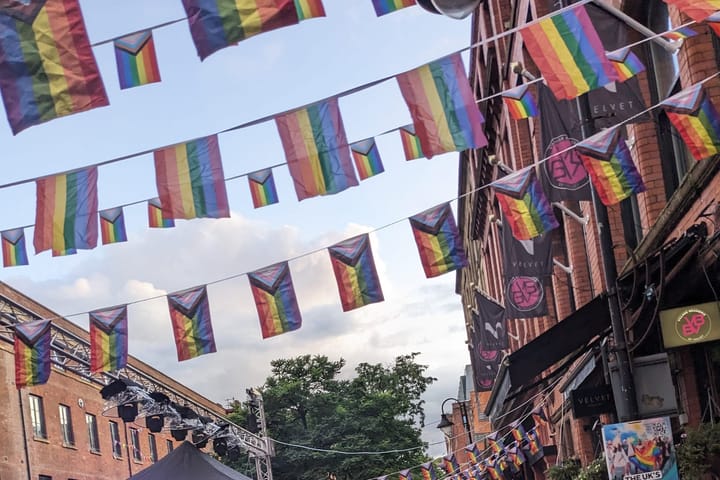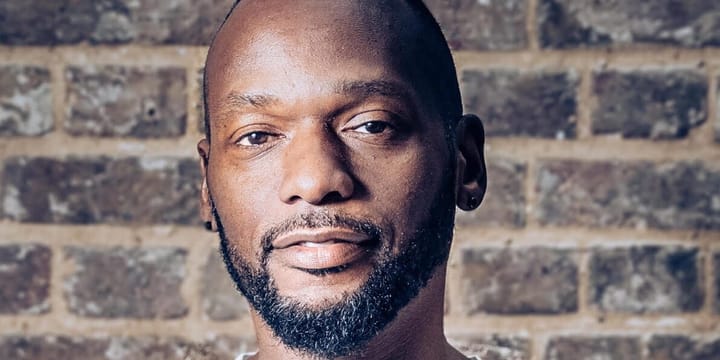Sponsors “pull back” financial support for New York City Pride due to fear of “blockback” from Trump administration
Multiple corporate sponsors, including Mastercard, Nissan and Pepsi, have “pulled back” financial contributions to New York City (NYC) Pride, leaving the event with a serious financial deficit just one month before the annual Pride event, which inspires, educates, commemorates and celebrates the cit

Multiple corporate sponsors, including Mastercard, Nissan and Pepsi, have “pulled back” financial contributions to New York City (NYC) Pride, leaving the event with a serious financial deficit just one month before the annual Pride event, which inspires, educates, commemorates and celebrates the city’s LGBTQ+ communities.
Kevin Kilbride, spokesperson for Heritage of Pride, the umbrella organisation that produces NYC Pride and other LGBTQ+ events, said: “The vast majority of what we have heard is that folks are treading carefully from an economic perspective … Some folks have definitely mentioned the fear of potential blowback from the Trump administration if you are a big corporation and you are publicly supporting DEI initiatives.”
The highest platinum level of sponsorship costs $175,000 (£130,000). Four of last year’s five Platinum sponsors – Garnier, Mastercard, Skyy Vodka, and Target – have pulled out. Only L’Oreal remains as a Platinum sponsor this year. Deutsche Bank has increased its sponsorship to Platinum as well, but the loss of funding has been a hit on the group’s finances, with a shortfall of $350,000 (£260,000) in this year’s budget.
The groups still contribute, albeit privately or at reduced levels. Target, which suffered a right-wing boycott for its inclusion of merchandising affirming LGBTQ+ youth, is still contributing at the same financial level, just without the publicity. Target does not appear as a sponsor of NYC Pride this year.
Fabrice Houdart, executive director of the Association of LGBTQ+ Corporate Directors, said companies that say they are not fearful of Trump’s anti-DEI policies or cultural blowback for sponsoring Pride events are being deceptive.
“I find it very difficult to believe this is about the economic context,” Houdard said. “One thing that is striking about the conversations I have had over the past few months is there are a lot of companies saying, ‘I won’t engage on anything LGBT-related because I don’t want to find myself being a target.’”





Comments ()